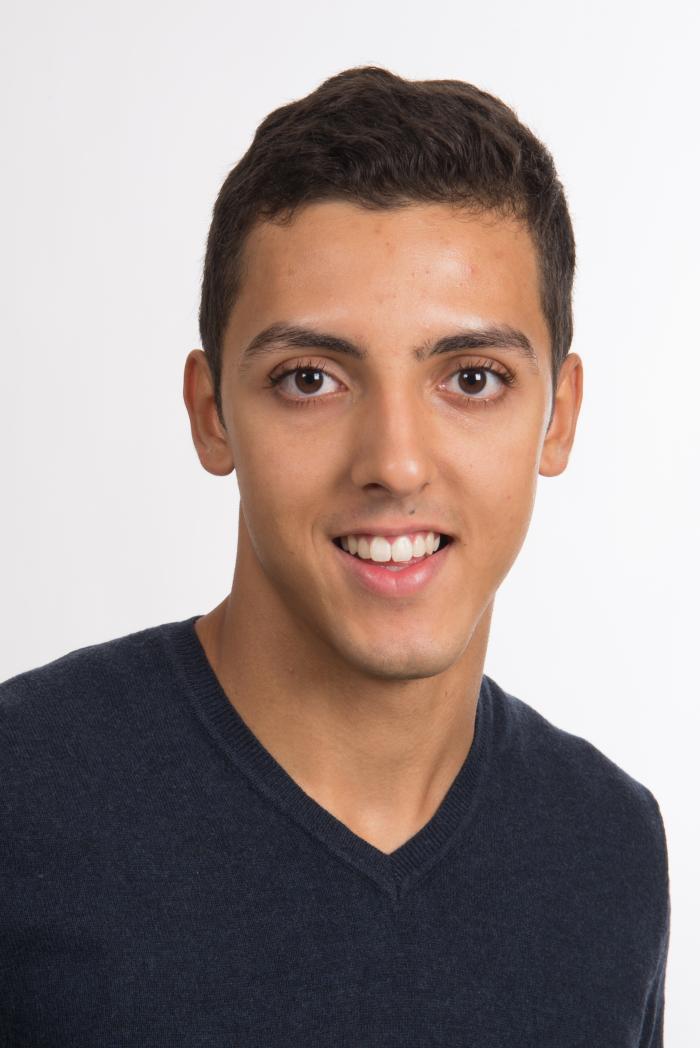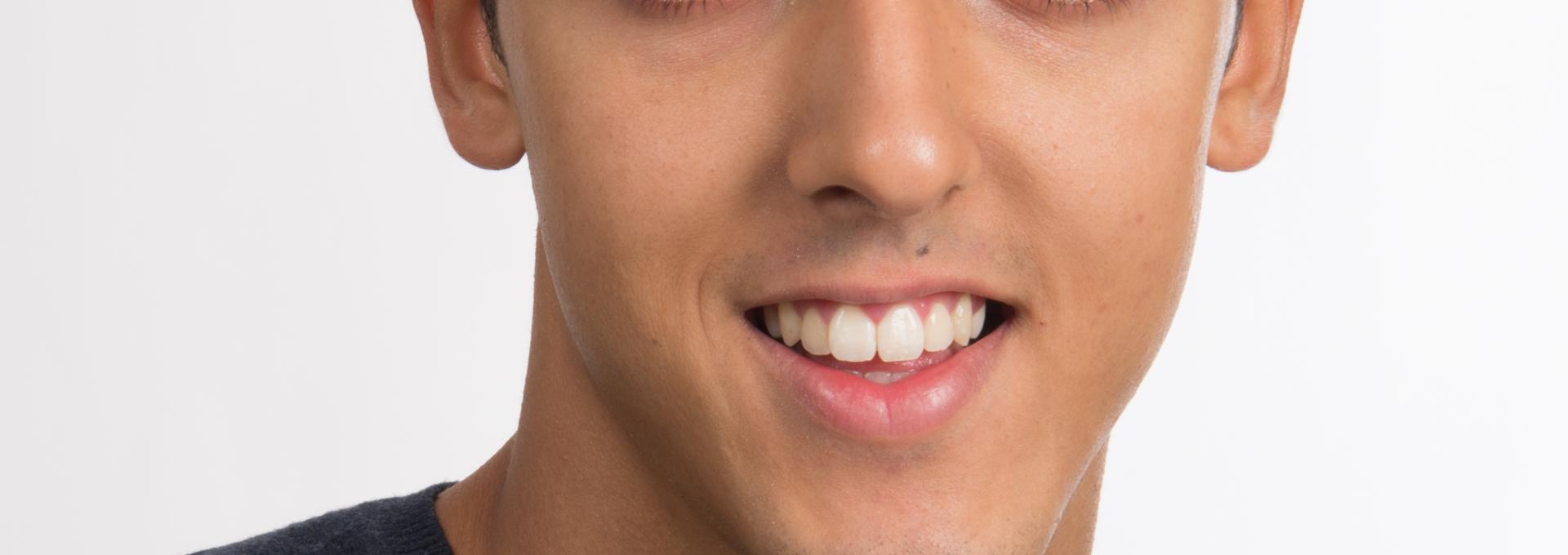Que font les diplômés du Bachelor of Science après le programme ? Découvrons-le !

Could you please introduce yourself?
I’m Skander. I come from Tunisia and I graduated from the Bachelor of Science of Ecole Polytechnique in 2020 with the Mathematics & Computer Science double major. I’m now studying towards a PhD at EPFL with a focus on Machine Learning for Education.
Why did you choose the Bachelor of Science of Ecole Polytechnique?
I was lucky to be exposed to different topics during high school and to have had the opportunity to explore some of them with enough depth: I participated in maths competitions and built my own computer. This made me confident about the majors I wanted to take during my undergraduate education: mathematics and computer science.
At the same time, I wanted to join a top French (engineering) school such as Polytechnique which I knew would prepare me well for a career in industry.
Ecole Polytechnique opening its bachelor's program in 2017 was an extremely lucky event for me as its program perfectly fit what I wanted: not only would I be able to double major in maths and computer science, but I would also benefit from a curriculum entirely taught in English and a multidisciplinary exposure in my first year.
Ecole Polytechnique’s emphasis on small classes was also a reason why I chose its program over others.
What program are you currently studying and in what institution?
I have recently started the Computer and Communication Sciences PhD program at EPFL as a fellowship student and work on improving education with machine learning.
I am also part of the ELLIS PhD Program (European Laboratory for Learning and Intelligent Systems) which gives me the opportunity to have a co-supervisor at another ELLIS unit in addition to my supervisor at EPFL.
What made you choose this university/program?
As a top university and research institution, EPFL was among the many universities that I considered joining for a PhD. However, its comparative advantage that made me choose it over others is the quality of the PhD life here: we are given a salary way above the PhD salary almost everywhere else and we get employee benefits.
In addition, this program allows me to work with two different labs in my first year before choosing which one I’ll join for my PhD. This is a considerable benefit over programs that hire students directly to work with specific a lab as it allows me to safely discover the working environment of my potential lab and be confident that it’s a good fit for me before committing to it.
Finally, I really like the cohesion and sense of cohort among the PhD students here and how easily we can interact with professors, and most importantly I found a good fit in terms of research interests with the labs I’ll be joining.
What skills/knowledge gained during the Bachelor of Science have you been using in your current program?
As I’m still in academia most of the skills and knowledge that I’ve gained at l’X are still relevant to my work. This includes academic and scientific knowledge as well as interpersonal skills.
It would be too long to list all the courses that still serve me today, but I can definitely say the breadth of computer science courses I’ve taken at l’X and the mathematical maturity I developed thanks to thorough and numerous math classes, both serve as a strong foundation to my machine learning research today. Moreover, my research methodology heavily builds on the scientific and inquiry skills I learned during the bachelor’s multidisciplinary curriculum.
The communication skills I built thanks to the personal development courses and my multiple interactions with the administration also serve me in my daily PhD life when presenting results.
When you entered the Bachelor of Science, did you already know what you wanted to do after the program?
No, not at all. Maybe I thought I had some ideas but most of them were misconceptions, both in terms of the graduate program that I would join next and the career that I would pursue after my education. I think I didn’t even know what a PhD was.
The bachelor thesis was a good opportunity for me to discover what research in academia looked like.
The academic officers helped a lot when shaping my academic and career paths. They were very open-minded and in fact, ended up taking a gap year after my bachelor during which I did two 6-month internships to understand which career I wanted to follow.
What memories do you have of your time spent at l'X and in the Bachelor program?
A thorough education is certainly something important and serves me a lot today, but it is surely not what I remember the most from my time spent at l’X. Social experiences are what marked me much more. My strongest memories are from our cohort’s student organization (L’ORE) campaign.
The campaign week is a week during which two or more teams compete for the board of the L’ORE by showing their capacity to organize fun, academic, and sports events. Ours was the very first, in fact, we came up with the name L’ORE and even though it was extremely intense, it was at that time that I built my strongest friendships, some of which I’ll probably keep forever. My team eventually won and I became the L’ORE’s personal development representative for that year.
What are your ambitions for the future?
In the near future, that is after I finish my PhD, I would like to work as a research scientist in the industry. I would like to leverage my expertise in machine learning to tackle research tasks with direct application to customer products. That could be in an existing organization or in the scope of an entrepreneurial journey. Ecole Polytechnique helped me prepare for both, and if I find the opportunity to transform my research in machine learning for education into a spin-off then I’ll take it.
Any piece of advice to current Bachelor students when deciding about the pursuit of their studies?
First, to first-year students, I’d tell them that it’s fine not to be certain about which major to choose. The one that seems right will do the job. L’X provides you with a strong foundation no matter what major you pick and you can always make the switch during your Master’s.
Then, from experience, I would strongly recommend students to do internships during their summers if they want to build competitive applications to graduate programs or later land their dream internship.
Finally, for tips about which graduate programs to join I’d say that you can find almost everything online however, you can leverage the now large community of BX alumni and ask students enrolled in the specific programs you’re interested in how it feels to be there. I’d be happy to share my experience, feel free to contact me.
